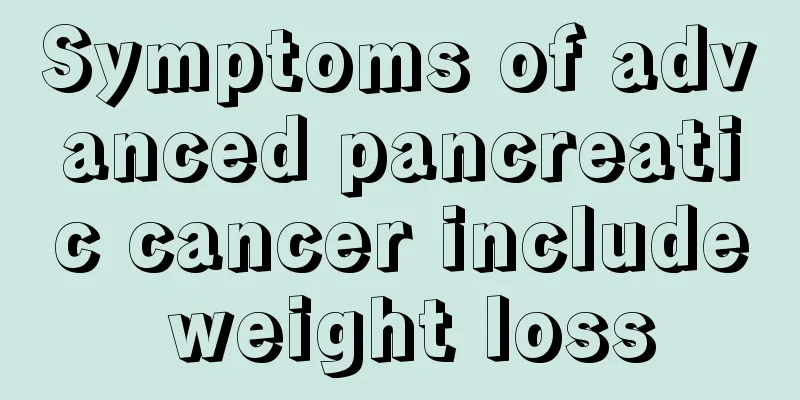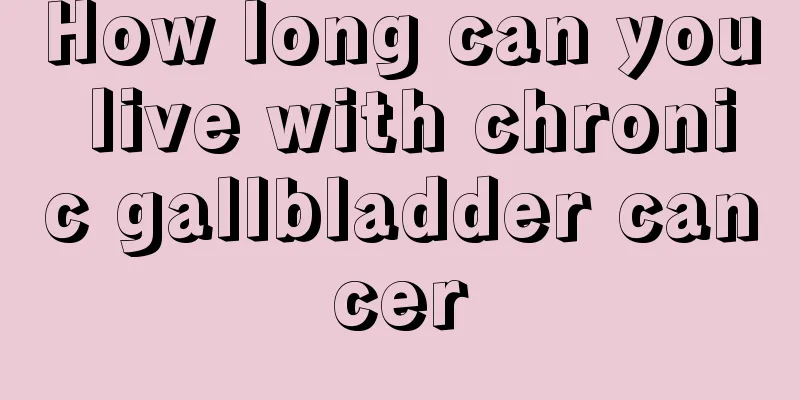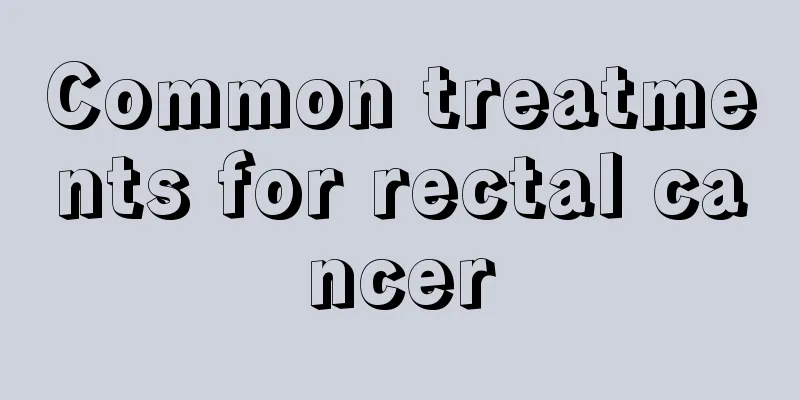How to treat recurrence of esophageal cancer

|
How to treat recurrent esophageal cancer? Recurrent esophageal cancer is closely related to post-treatment care, diet, and conditioning. Some residual cancer cells after surgical treatment will not be detected in routine tests until they multiply to hundreds of millions. When doctors tell cancer patients that they no longer have cancer cells in their bodies after treatment, in fact, this only means that the test cannot detect cancer cells because their number has not reached a detectable level. Recurrence of esophageal cancer still needs treatment, and the specific method is chemotherapy. The cell proliferation cycle of esophageal cancer is about 7 days, and the theoretical doubling time is about 10 days, which is slightly longer than the normal esophageal epithelial cell cycle, so there are fewer proliferative cells and more non-proliferative cells. Therefore, although there are many chemical drugs currently used for esophageal cancer, few of them are really effective. The most commonly used drugs are bleomycin (BLM), doxorubicin (ADM), 5-fluorouracil (5-Fu), methotrexate (MTX), lomustine (CCNU), imipramine (MGAG), vinblastine alkaloids (VDS), etoposide (VP-16) and cisplatin (DDP). The remission rate of single-drug chemotherapy is 15% to 20%, and the remission period is 1-4 months. Most combined chemotherapy regimens use DDP and BLM as the main combination chemotherapy regimens, with most effective rates exceeding 30clo and a remission period of about 6 months. Combination chemotherapy is not only used for advanced esophageal cancer, but also for combined treatment with surgery and radiotherapy. Currently, the commonly used combination chemotherapy regimens in clinical practice include DDP-BLM, BLM-ADM, DDP-VDS-BLM, and DDP-ADM-5-Fu. Clinical observations have found that chemotherapy drugs such as DDP, 5-Fu and BLM have radiosensitizing effects. In the past 10 years, these chemotherapy drugs have been used as sensitizers in combination with radiotherapy to treat esophageal cancer, and have achieved encouraging results. The above is some information about how to treat esophageal cancer recurrence. The recurrence rate of esophageal cancer varies from case to case, so everyone should pay attention. |
<<: The best treatment for esophageal cancer
>>: What are the traditional Chinese medicines for treating esophageal cancer
Recommend
Introducing the four major causes of brain cancer
The occurrence of brain cancer has seriously affe...
What causes crooked teeth?
Some people always smile without showing their te...
What are the symptoms of advanced skin cancer
In recent years, we have not paid much attention ...
My scalp itches after washing my hair
The phenomenon of itchy scalp after washing hair ...
How to treat knee joint effusion
Fluid effusion in the knee joint is a relatively ...
Why do ears become deaf after chemotherapy for nasopharyngeal carcinoma
Why does deafness occur after chemotherapy for na...
Which hospital is better for treating gastric cancer
Which hospital is better for treating gastric can...
Is lung cancer contagious?
The mortality rate of lung cancer is extremely hi...
Why do cystic acne appear?
People nowadays live under great pressure and at ...
What is the best way to diagnose gastric cancer
Gastric cancer is a malignant tumor in the stomac...
What are the symptoms of a sprained ankle?
Sprained ankle is actually a common clinical dise...
What should I do if tongue cancer recurs every year
After the tongue cancer patients have undergone s...
How long in advance should you wash newborn baby's clothes?
After a child is born, parents should provide the...
What foods can you eat for small cell lung cancer
What foods can be eaten by patients with small ce...
What are the taboos for pancreatic cancer patients?
Contraindications for patients with pancreatic ca...









